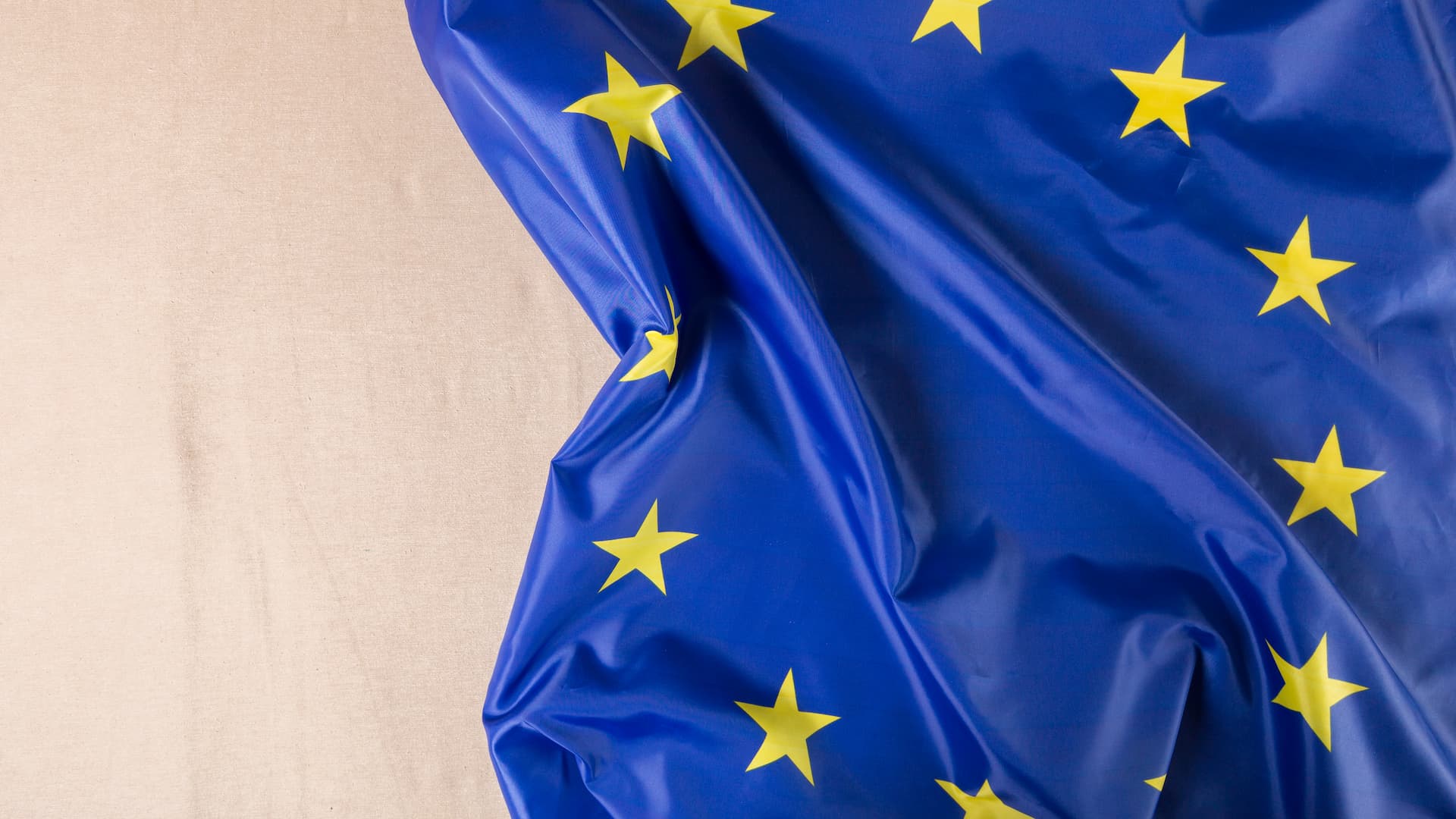Portugal’s parliament has approved a draft law that would require parental consent for teenagers aged 13 to 16 to use social media, in a move aimed at strengthening online protections for minors. The proposal passed its first reading on Thursday and will now move forward in the legislative process, where it could still be amended before a final vote.
The bill is backed by the ruling Social Democratic Party (PSD), which argues that stricter rules are needed to shield young people from online risks. Lawmakers cited concerns over cyberbullying, exposure to harmful content, and contact with online predators as key reasons for tightening access.
Under the proposal, parents would have to grant permission through the public Digital Mobile Key system of Portugal. Social media companies would be required to introduce age verification mechanisms linked to this system to ensure that only authorised teenagers can create and maintain accounts.
The legislation also seeks to reinforce the enforcement of an existing ban prohibiting children under 13 from accessing social media platforms. Authorities believe the new measures would make it harder for younger users to bypass age limits.
The draft law was approved in its first reading by 148 votes to 69, with 13 abstentions. A PSD lawmaker warned that companies failing to comply with the new requirements could face fines of up to 2% of their global revenue, signalling that the government intends to enforce the new requirements seriously.
Would you like to learn more about AI, tech, and digital diplomacy? If so, ask our Diplo chatbot!










